
Feel free to add tags, names, dates or anything you are looking for
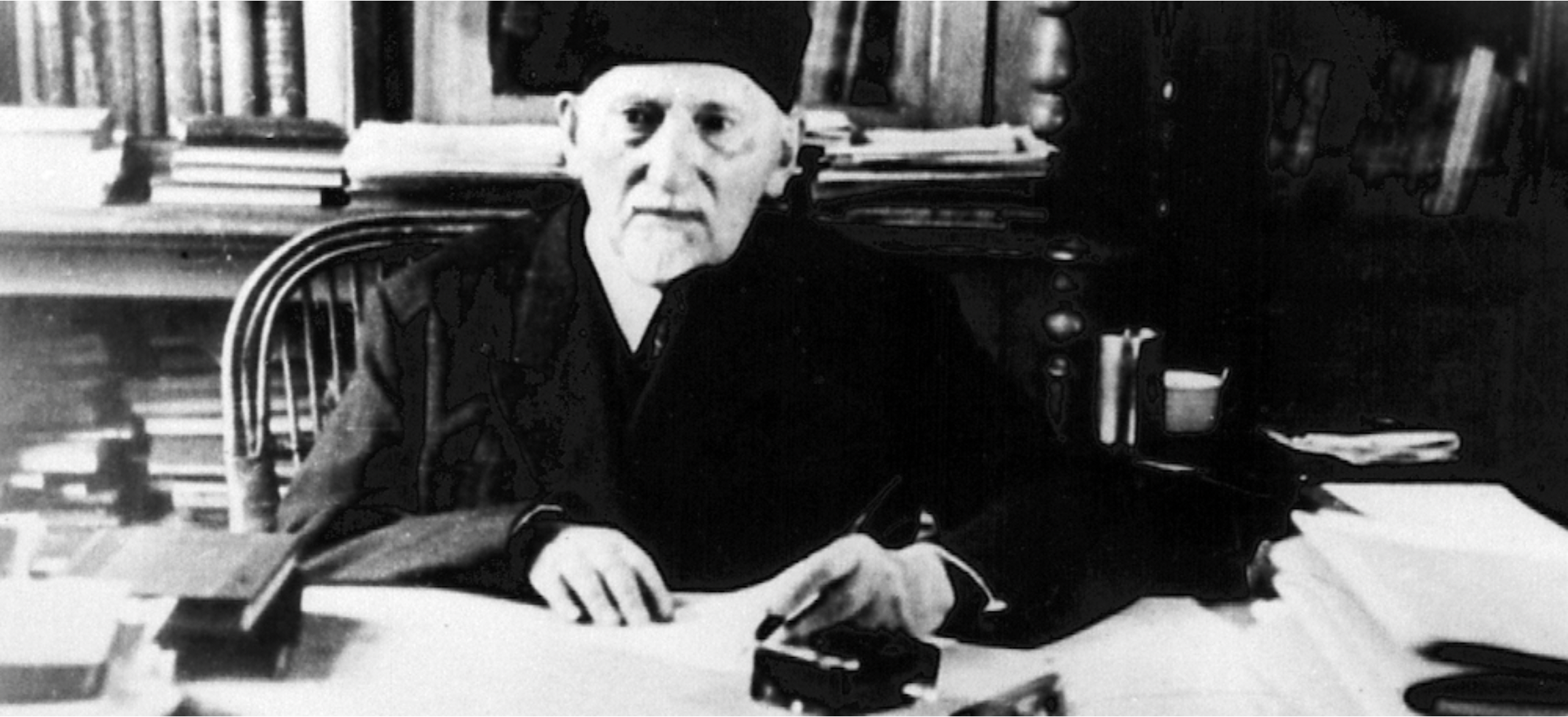
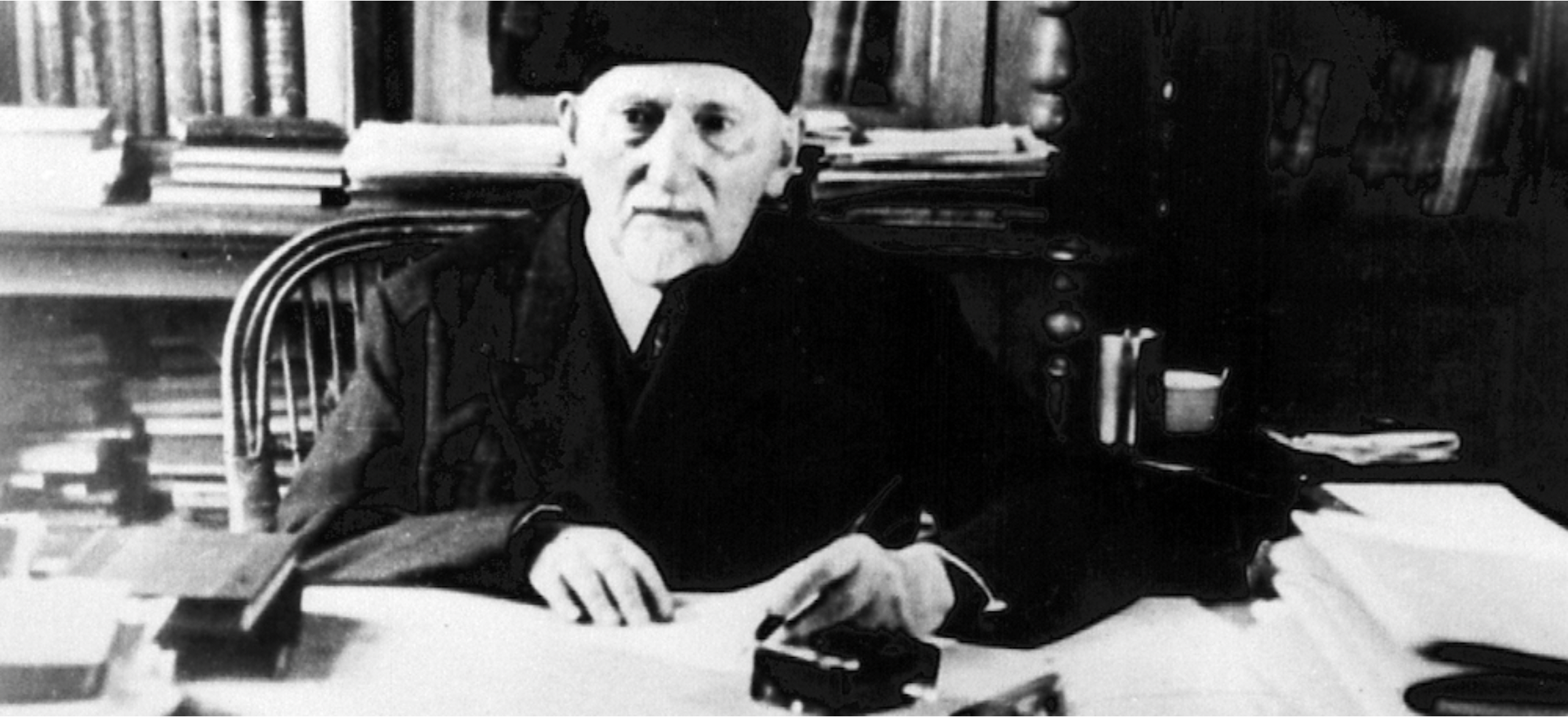
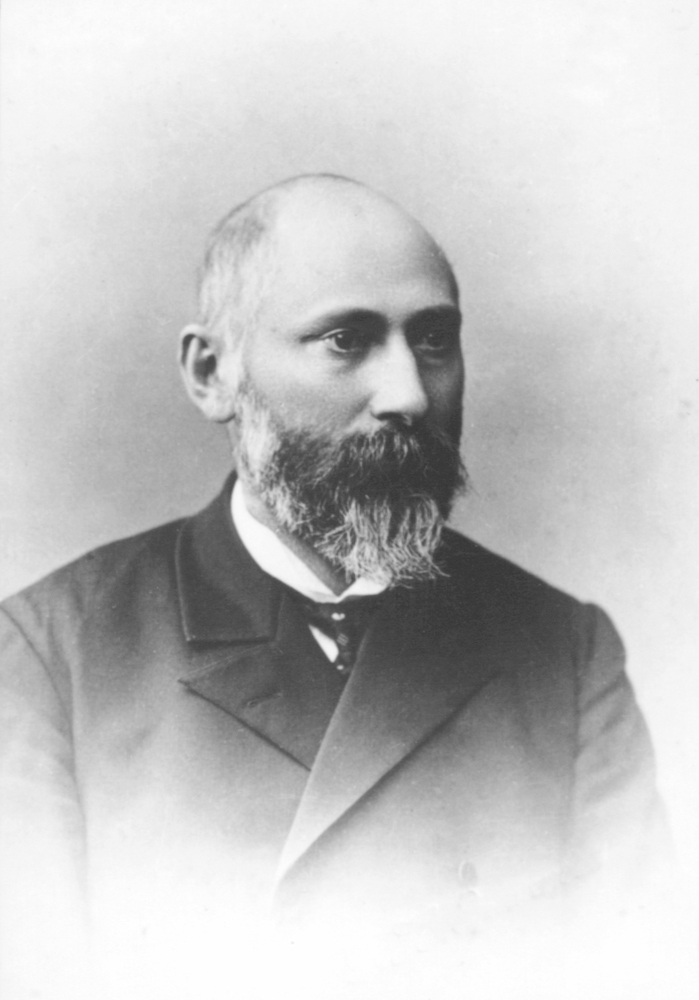
From the university, Ekvtime went to visit Noe Zhordania, Chairman of the government of the First Republic of Georgia, where the scholar discovered that he was to accompany the treasure himself. The decision to emigrate was made then and there. While the Georgian Army retreated from Tbilisi, Ekvtime gathered items of the treasure from Kutaisi and Gelati.
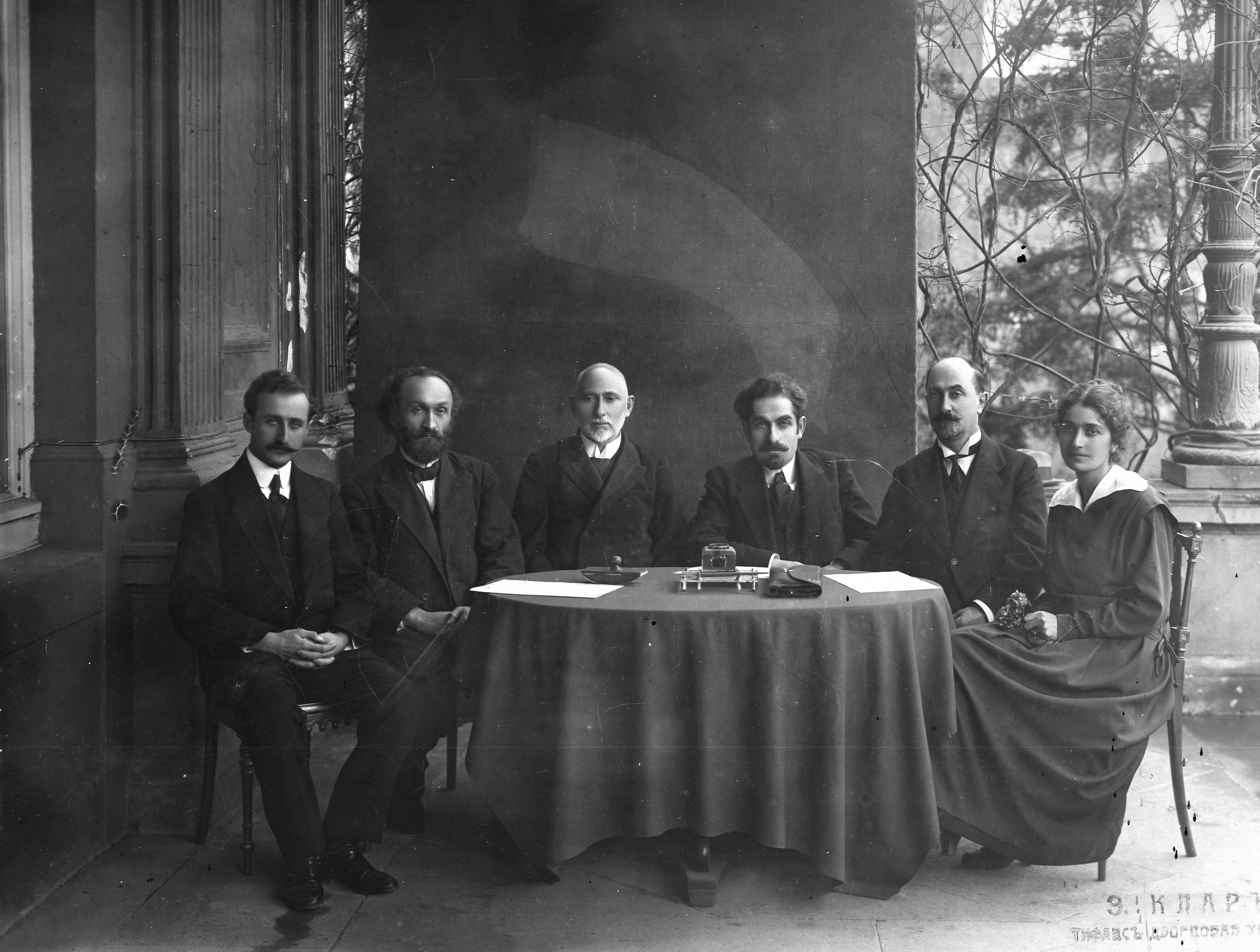
Members of the Presidium of the Founding Assembly of the Democratic Republic of Georgia on the balcony of the Government Palace (the modern-day Student-Youth Palace), from left: Konstantine Japaridze, Grigol Natadze, Ekvtime Takaishvili, Aleksandre Lomtatidze, Kristine Sharashidze, Svimon Mdivani. 1920.
Ekvtime Takaishvili was assigned to guard the treasure, but together with his wife, Nino Poltaratskaya, he was not permitted to board the military vessel. The captain did not wait for formal matters to be resolved and raised mast ahead of time. In desperation, Ekvtime was forced to follow the cruiser on a different ship to Constantinople, where the treasure was transferred to another vessel, the Bien Hoa.
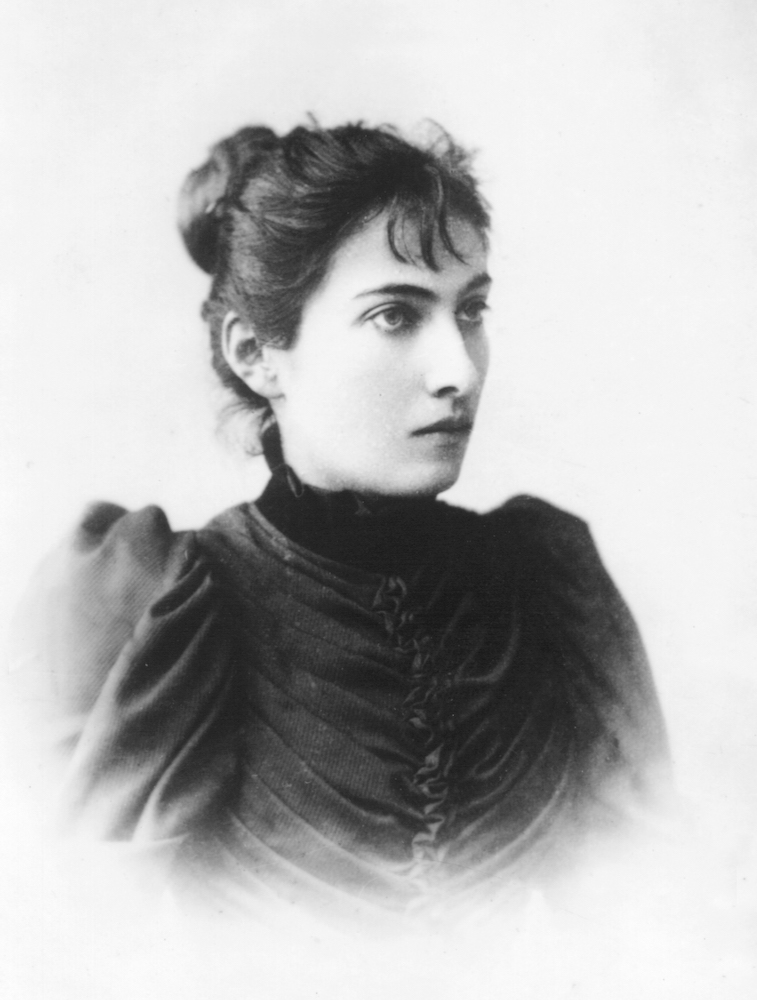
Ekvtime Takaishvili’s wife, Nino Poltaratskaya
On this latter ship they arrived in Tunisia, and from there they sailed to Marseille, where they placed in the bank vault 39 sealed boxes containing gold and silver icons, other treasures encrusted with pearls, ancient Georgian manuscripts, and property from the Dadiani Palace in Zugdidi, Gelati and Martvili Monasteries, the Tbilisi Palace, the Borjomi Palace, as well as other important national treasures.
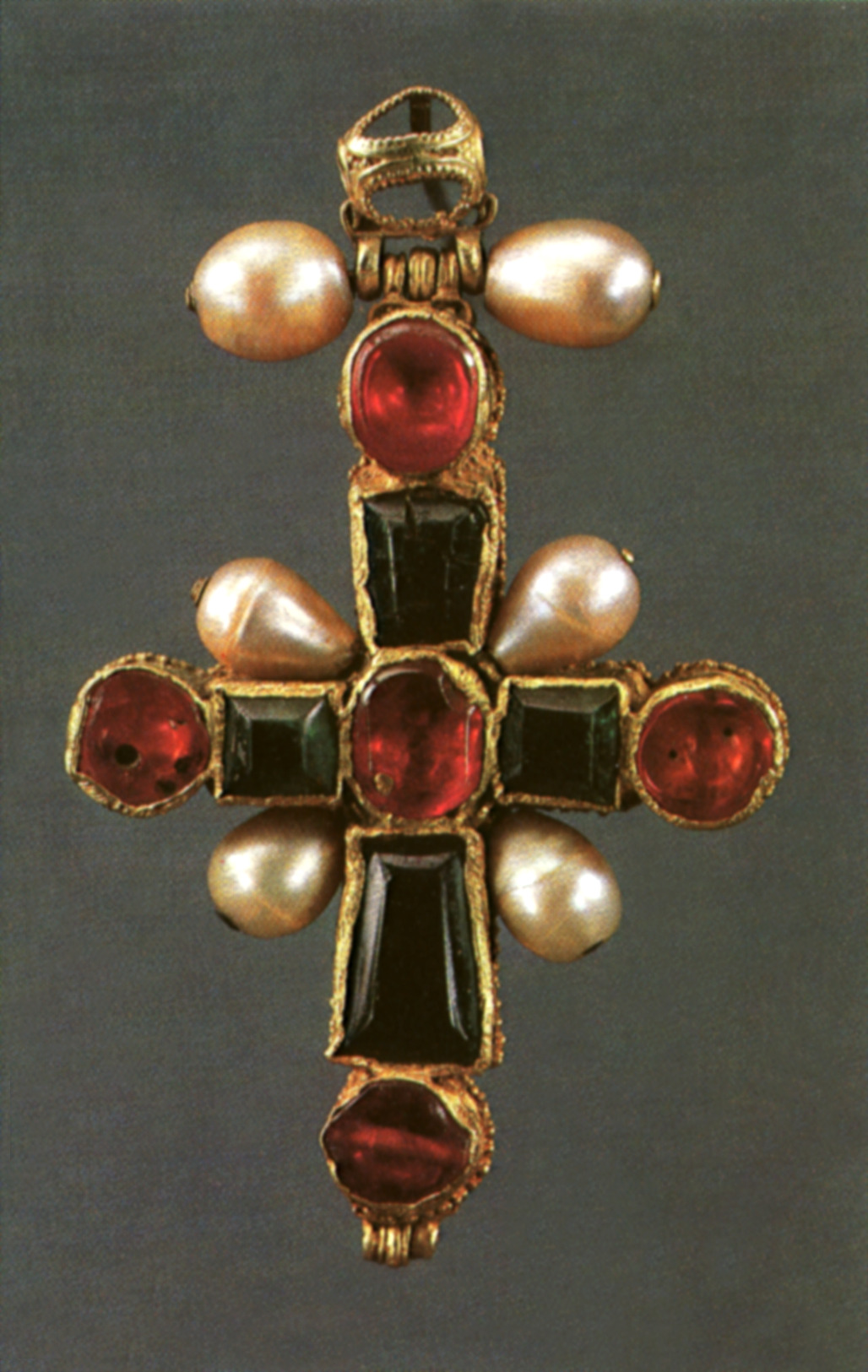
The Cross of King Tamar
The Bank of Marseille demanded 2,500 francs per year for the safekeeping of the museum property. The fee was paid for one year, but for the next 13 years nobody remembered this story. During these 13 years, Ekvtime Takaishvili lived relatively peacefully, and then began the difficult and dangerous odyssey of the treasure and its watchman. First, for the international exhibition in Philadelphia that was held to celebrate 150 years of US independence, they proposed selecting exhibits from among the treasures. The Metropolitan Museum of Art in New York then expressed an interest in purchasing collections of Georgian enamels. The British Museum demanded one item from the Akhalgori treasure (5th–4th centuries BC), and in return promised to donate money to the government-in-exile for the protection of other exhibits. Ekvtime Takaishvili rejected all these proposals and stood his ground, winning a seven-year court battle against Salome Obolenskaya, the daughter of Nikoloz Dadiani, the last Prince of Samegrelo, who laid claim to the property that had been taken from the Zugdidi Museum. Takaishvili won these cases, but the Basel bank was reminded of the unpaid fees, and subsequently sequestered and removed the 39 boxes of treasure from Marseille to Paris.
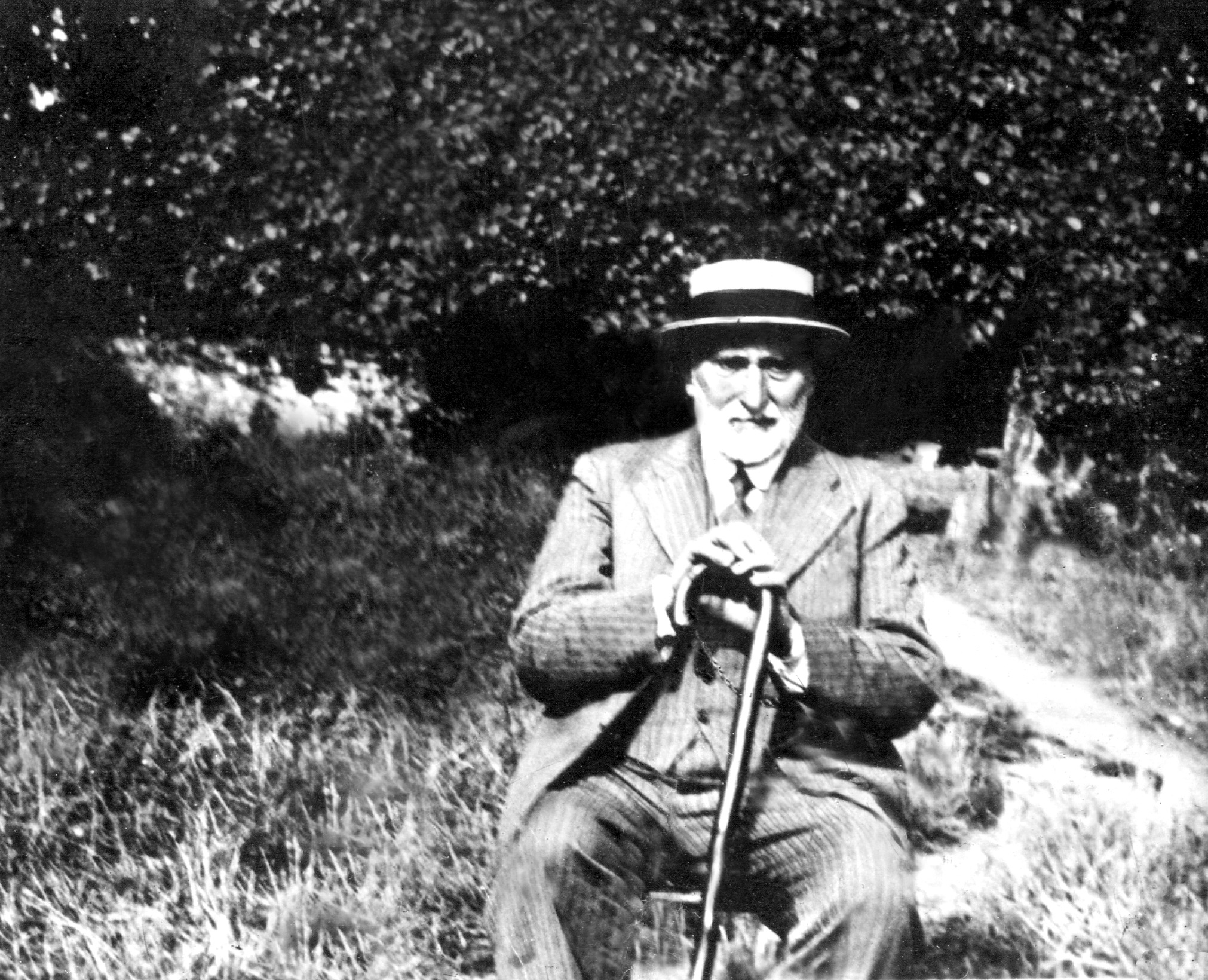
Ekvtime Takaishvili in a Leville garden. 1940s
Ekvtime Takaishvili's forced departure to France lasted 24 years. In the small town of Leville, near Paris, in a château that had been purchased by the government in exile, a penniless eighty-year-old lived close by the grave of his dear wife.
.jpg)
Leville
He could hardly move. The only food he ate was bread and goat’s milk. Rarely would a neighbor or a Georgian émigré offer food or some wood as winter fuel. He could have made a significant profit by selling even one coin from the treasure, but he endured this most difficult of times without even losing a single pin. In addition, he studied antiquities, composed papers, and continued buying exhibits even while living in exile. He was elected as a full member of the French Asiatic Society after initially becoming a legitimate member of the Paris Numismatic Society while in exile.
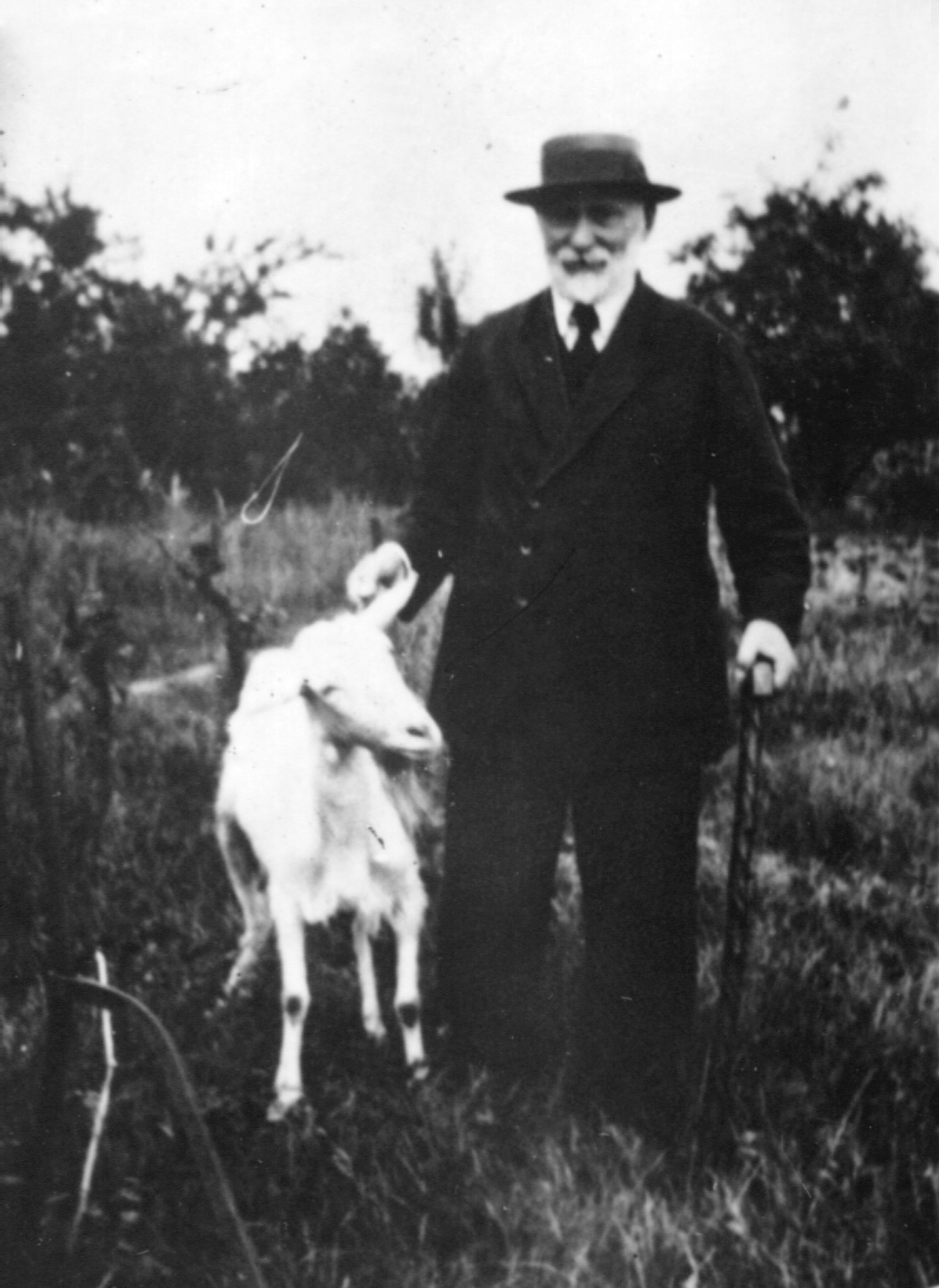
Ekvtime Takaishvili in Leville
In 1934, the French government annulled the legation of the government of the First Republic of Georgia and declared the estate as ownerless. Being the watchman and guardian of the treasure, Ekvtime had to deal with the French government personally. It was challenging to follow the administrative procedures and provide evidence that these priceless items did not belong either to the Georgian government in exile or to the Russian government. The treasure belonged to the Georgian people, and was maintained and supervised by a man who had created the Historical and Ethnographic Society of Georgia, the Church Museum, and who was one of the founders of Tbilisi University.
The treasures that had been transported abroad were the property of these museums. Ekvtime was a person who organized numerous expeditions for the exploration and recording of historical monuments and antiquities in different parts of Georgia. He traveled three times to the territory of present-day Turkey in order to study and publish information about the unique monuments, together with their inscriptions and frescoes, in the ancient region of Georgia - Tao-Klarjeti.
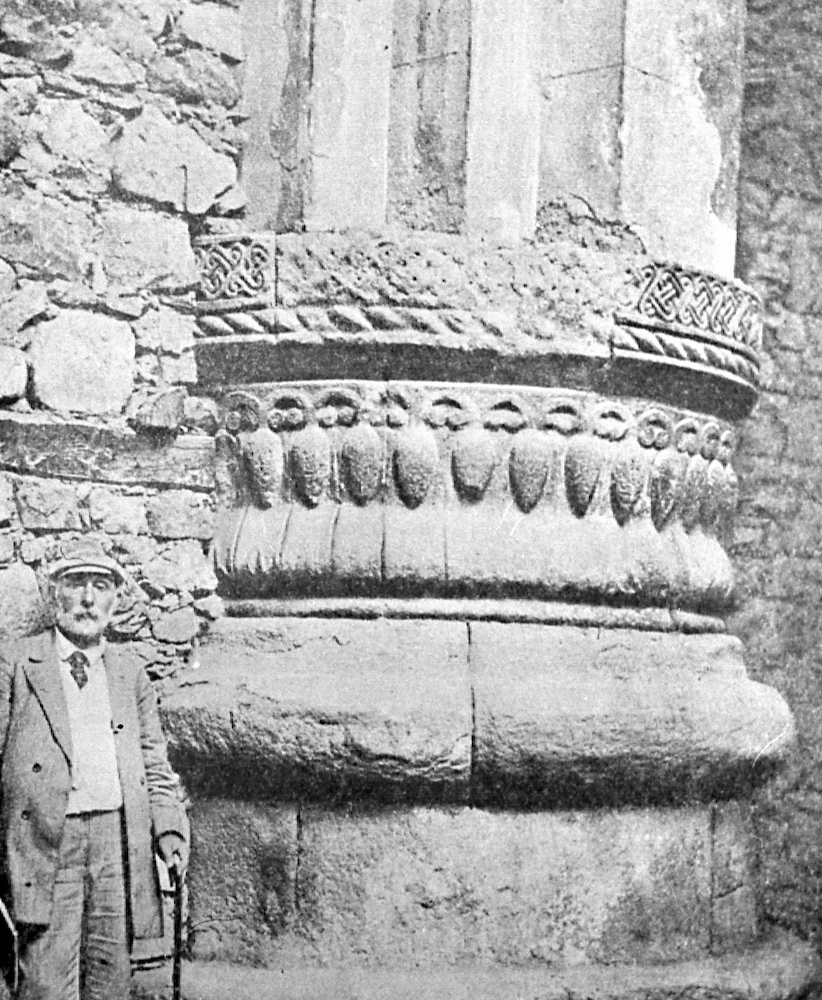
Ekvtime Takaishvili in Oshki Cathedral. Expedition to Tao-Klarjeti. 1917
This was a man who had saved a great number of important artifacts and manuscripts from loss and destruction. An example can be cited by the fact that during his trip to Kartli, he found in the garbage and later published a 17th-century manuscript of the ancient legal document “The Royal Court’s Deals”
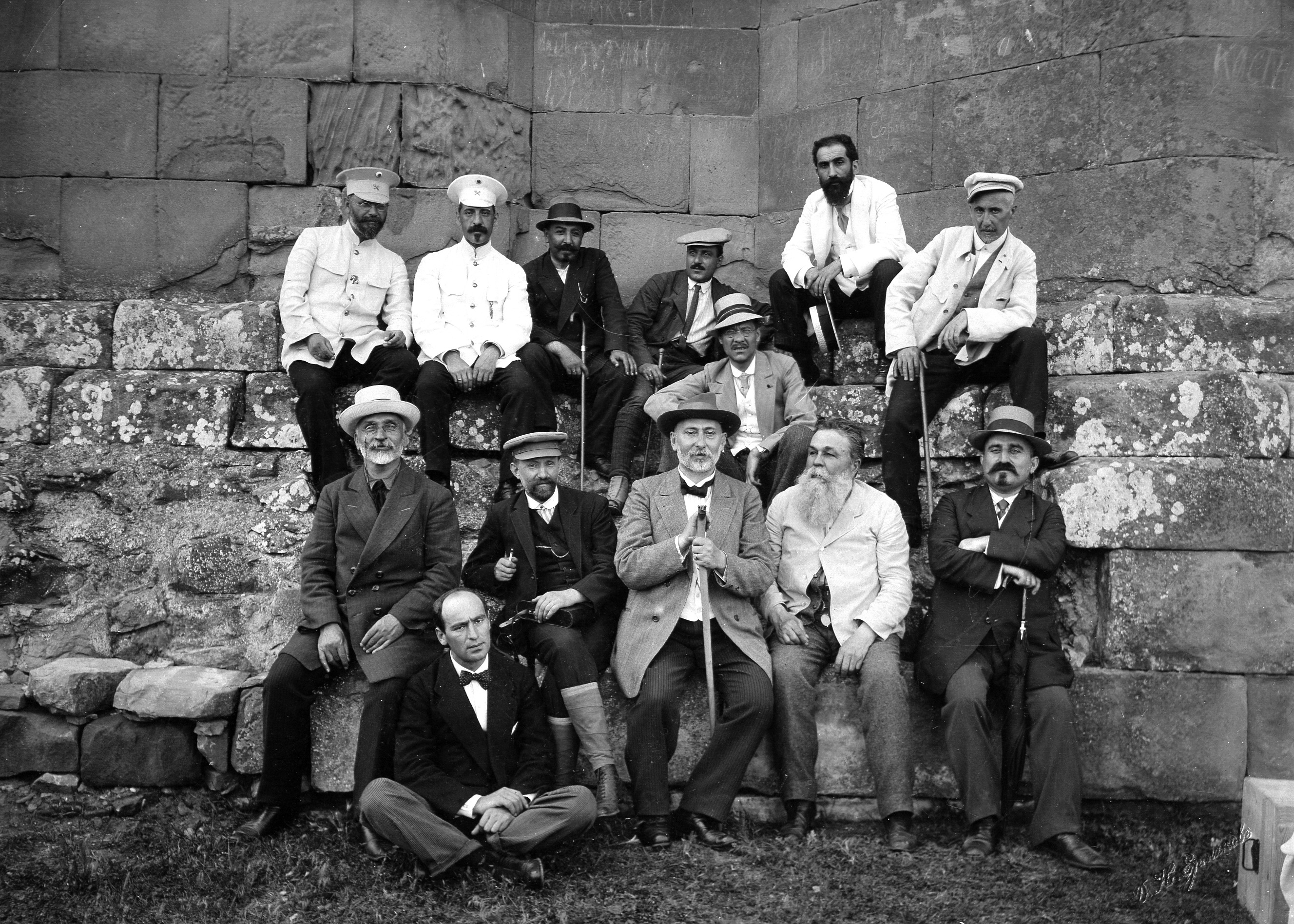
First row: Davit Karichashvili, Henryk Hryniewski, Ekvtime Takaishvili, Dimitri Ermakov, Sergi Gorgadze; Grigoriy Kepinov is sitting in front of them; Top row: Anatoly Kalgin; Gazar Sarkisian, Gabriel Ter-Mikelov, Nikolai Madatov, Jacob Nikoladze, Svimon Kldiashvili; In front of them in a white hat - Piotr Resnenko. Archaeological excavations of Mtskheta cross. 1922.
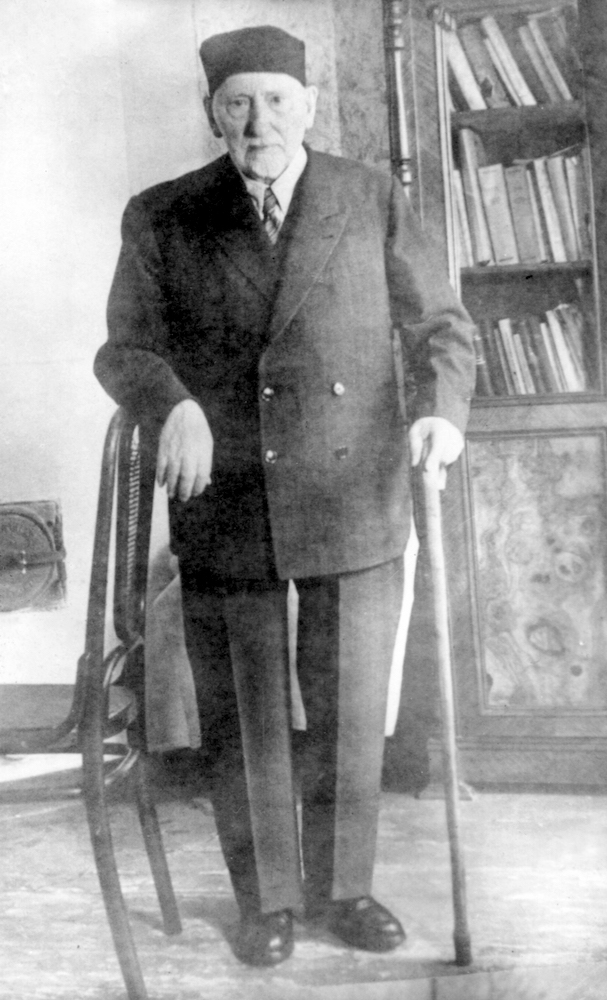
Ekvtime Takaishvili
Paris-Marseille-Rome-Benghazi-Cairo-Tehran-Tbilisi - this is how the 24-year odyssey of the national heritage ended on April 11th 1945. Nonetheless, it turned out that the venerable patriot was subjected to a path of martyrdom rather than gratitude in his homeland.
Ekvtime was first appointed as a professor at Tbilisi State University and later as an academician, but was shortly afterward dismissed. Lida Poltoratskaya, his adopted daughter with whom he shared an apartment and who cared for the 90-year-old man, was arrested three times. It is said that despite being extremely poorly, he was repeatedly brought on a stretcher before the state security agencies for questioning.
Ekvtime Takaishvili could not bear these misfortunes any longer and passed away. His body was accompanied by 48 people – relatives and colleagues of his who dared to attend the funeral. In a premeditated move, the driver of the car at the head of the procession deliberately stalled the vehicle near Tbilisi University, as if he were unable to restart the engine. There, people from the university bade farewell to one of the founders of the first higher education institute in Georgia; a man ruthlessly persecuted by fate, who became a public figure thanks to the work that he silently carried out.